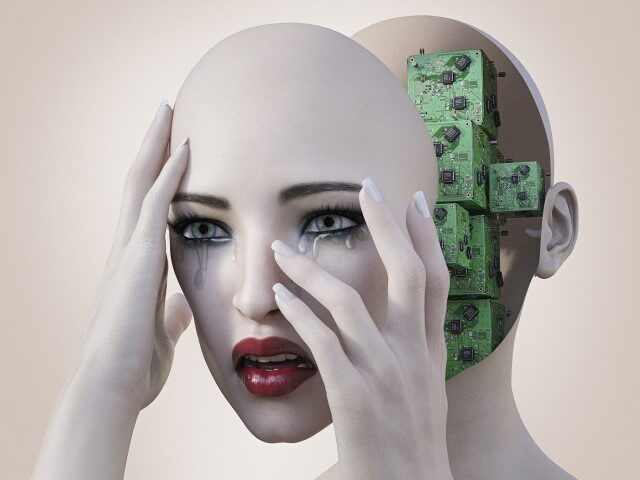A new trend is reportedly emerging in China: using AI to create digital replicas of deceased loved ones, allowing people to interact with them even after they’ve passed away.
MIT Technology Review reports that as the AI industry continues to grow and evolve, Chinese companies are now offering services that allow people to create digital avatars of their deceased loved ones. These replicas, created using photos, videos, and audio recordings, can conduct basic conversations and provide a sense of comfort to those who are grieving.
One such example is Sun Kai, who lost his mother to a sudden illness in 2019. Determined to keep their connection alive, he turned to Silicon Intelligence, an AI company he co-founded, to create a digital replica of his mother. Using a photo and audio clips from their WeChat conversations, the company generated an avatar that Sun can interact with via an app on his phone.
While the technology is still in its early stages, with avatars sometimes appearing stiff and robotic, it is rapidly improving. Companies like Silicon Intelligence and Super Brain are now offering these services at increasingly affordable prices, making them accessible to the general public.
In China, the demand for digital replicas of the deceased is particularly strong, with thousands of people already having paid for such services. This trend is rooted in Chinese cultural traditions, where people have always found solace in confiding in the dead, such as during the annual Qingming festival.
However, the rise of AI-powered avatars of the deceased raises ethical and legal questions. How can someone who has passed away consent to being digitally replicated? And who is responsible if an avatar generates inappropriate responses?
There are also concerns about the potential impact on mental health. While some people, like Sun Kai, find comfort in interacting with digital replicas of their loved ones, others worry that it may prevent people from fully processing their grief and moving forward.
Read more at MIT Technology Review here.
Lucas Nolan is a reporter for Breitbart News covering issues of free speech and online censorship.

COMMENTS
Please let us know if you're having issues with commenting.